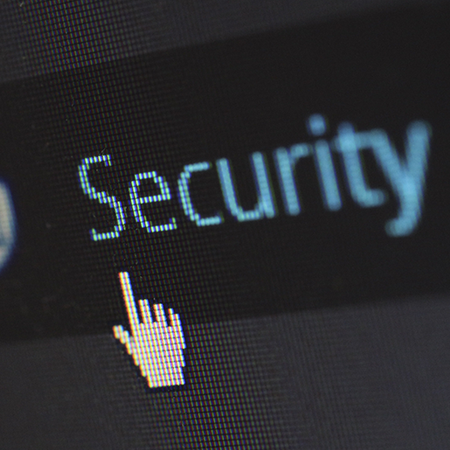On many occasions, we have warned you about the dangers you might encounter during your online travels. But, it seems we have neglected one, very important aspect of the Internet safety – Internet safety for kids. You’d never let your kids cross the street with traffic, without ensuring they know and understand the rules first. You did warn them about talking to strangers on the street. Some of you may even have had the conversation about drugs, alcohol, and tobacco. But what about Internet safety? Do you know what to tell your kids, what issues are important? If not, perhaps our “parent’s guide” for kids Internet safety may help.
Your kid is constantly on a phone or tablet, playing online games, watching YouTube, chatting with friends. Sometimes it may even look as if your kid knows better how to use internet enabled gadget than you. But do not get into false comfort. The fact that they know how to use the device, does not mean they are aware of potential dangers and consequences. So, here are our tips, that might help you cross the stormy seas.
Internet safety tips for kids and parents
Bear in mind that our guide does not exhaust the whole subject of kids online safety. We welcome any additional insights and tipis you may have for others. After all, there is nothing better than a personal story and experience. So, let’s get to it!
Act as you’d like your kid to act
In other words, you need to be a role model for your kids. If you don’t want your kids to live with a phone welded to their palm make sure you don’t live that way either. After all, it may be hard to explain, why you can look at your phone all the time and they can not. And the same goes for being responsible. If you wish your kid to be responsible take time to explain why and show, that you stick to the same rules yourself.
Communication is a king!
This is something we have mentioned above. Communication and clear information are very important. If your child knows how to get online, use YouTube and similar apps make sure they understand how it works. That not all content is aimed at children and why they should not watch the content of this kind. That, despite our best intentions not all people are good and there are some, that might want to take advantage of children. Just like in the real world. The more you will talk about it, the better.
Sharing is dangerous
Again, this is where your example and ideas come in. It is best to realize that in some cases examples from everyday life will be as good as those from the virtual, online world. Name, age, address, phone number. Make sure they will hear about why it might be dangerous to have such information, why they should never give them to people they do not know. And by, know, we mean people they now in real life. That because their friends might be irresponsible or act under emotions also they should be treated with precautions. For example… “If you give a picture of yourself to a colleague – what might he or she do if you fall out with each other?” Can they harm you with a silly photo of you?
This is especially important in the days of social media and all services that rely on n sharing. Make sure they know what the share and with whom. Again, to give them a time and space to learn and make mistakes. Check from time to time, but when they do make a mistake explain. Never criticize!
Passwords protect
This is more on a technical side. Show them how to create strong passwords. Why they should have different ones for different services. You may also help them by teaching how to use password creating apps and those that act as a bank for passwords. Why they should never share passwords with anyone except you. Even the closest friend. Tell them about basic rules, that pet name, date of birthday or parent name should not be used as a password.
Public Wi-Fi
Just as we do warn you from time to time about the dangers of using public Wi-Fi you should warn them too. Perhaps you may want to do it in an easier to understand way, but the fact remains – public Wi-Fi’s are a potential threat to a content of your devices and information you exchange. Also, this may be a good opportunity to explain how they may secure themselves, what is VPN and how it may help them. And following on that idea…
Help with safety settings
We all had to learn how to use software somehow. Make sure what apps they are using. If the settings – especially those regarding privacy and safety – are set the proper way. But again, don’t do it yourself. Do it together so that they can learn how to do it themselves. This will be another opportunity to help them understand and gain new knowledge.
If you have VPN account…
Make sure your kid can use it too. Tell them how it works, what they can or can not do and why. Remember, your HideIPVPN subscription allows you to use 3 simultaneous VPN connections at the same time! You only need to connect to 3 different VPN locations. Make sure that they have our free VPN app setup and running on their phone, tablet or PC. Just as are your other family members.
If you have any questions or can share some additional knowledge with us and other HideIPVPN friends we will be very happy.
